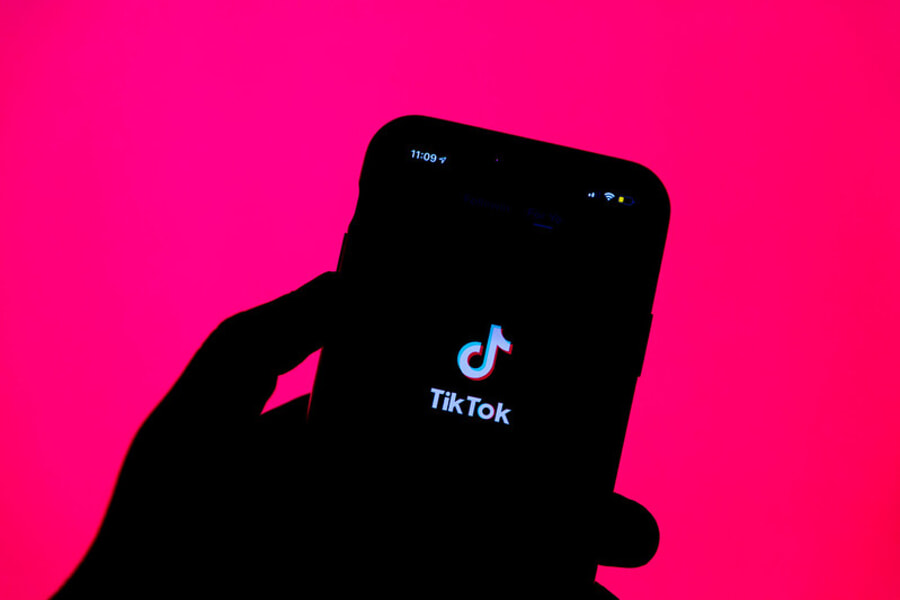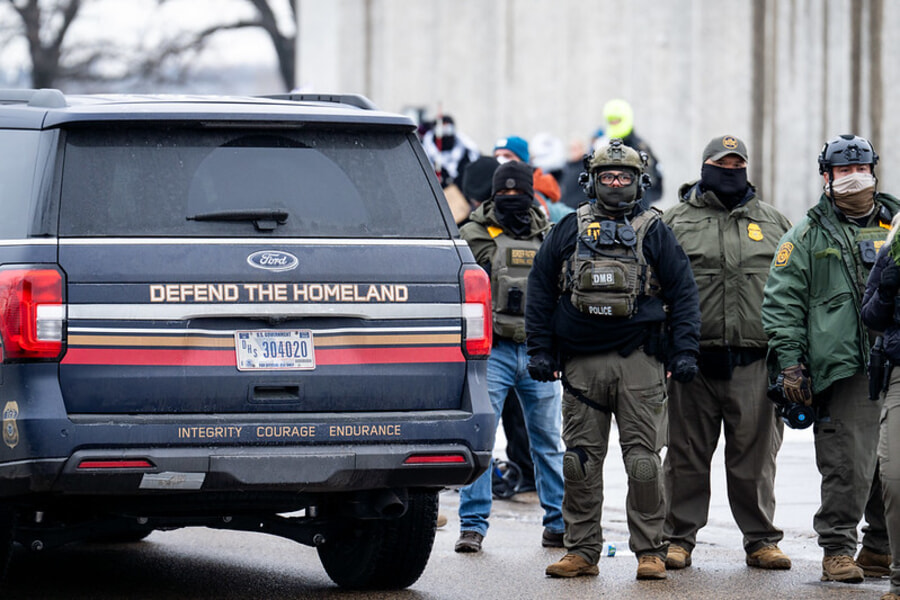Today’s Headlines and Commentary
Lawfare’s daily roundup of national security news and opinion.
President Trump announced yesterday that the federal government has activated members of the National Guard in New York, California and Washington to help combat the novel coronavirus, reports the Washington Post. The federal government will fund the cost of deploying National Guard units to these states through the Federal Emergency Management Agency.
Senate Democrats are continuing negotiations with the Trump administration and Republican lawmakers on a $1.6 trillion emergency package after the Senate failed to reach an agreement Sunday, according to Politico. A vote to move forward with the GOP’s stimulus package failed Sunday evening due in part to Democrats’ criticism of a proposed $500 billion “Exchange Stabilization Fund” to assist industries struggling with the economic consequences of the novel coronavirus outbreak.
New York Governor Andrew Cuomo on Sunday called on the federal government to nationalize the effort to produce key medical supplies and personal protective equipment, writes CNN. President Trump has declined to make use of the Defense Production Act to commandeer key medical resources for the federal government, though he acted last week to open the option of using the Korean War-era production act, according to the New York Times. Administration officials, when asked why they have been reluctant to use the act to coordinate industry’s response, say the country is not in such dire straits as to merit nationalization. “We are a country not based on nationalizing our business,” Trump said.
New York now accounts for roughly 5% of the world’s confirmed cases of the novel coronavirus, making it an epicenter of the pandemic, reports the New York Times. More than 15,000 people in New York State have tested positive for COVID-19.
The Justice Department has asked Congress to approve new emergency powers amid the coronavirus pandemic, including granting chief judges the ability to detain people indefinitely without trial during emergencies, writes Politico. The requests, which are unlikely to pass the House of Representatives, would grant chief judges the authority to pause court proceedings during emergencies. The Justice Department also asked Congress to pause the statute of limitations for criminal investigations and civil proceedings during national emergencies and to expand the use of videoconference court hearings.
U.S. intelligence agencies were issuing alarming, classified reports to President Trump and lawmakers throughout January and February warning about the threat posed by COVID-19, reports the Washington Post. Even after the briefings, the Post claims, President Trump and lawmakers avoided taking action to slow the spread of the pandemic.
The U.S.-led coalition in Iraq is withdrawing some troops due to the spread of the coronavirus, writes the Hill. And the Iraqi Security Forces have suspended all training for 60 days to prevent the spread of COVID-19. Meanwhile, Syria confirmed its first case of the novel coronavirus yesterday, according to Reuters. U.N. officials and humanitarian workers fear an outbreak in Syria could be catastrophic given the wrecked state of the country’s health system,
Secretary of State Mike Pompeo is in Kabul today to try to advance the U.S.-Taliban peace deal signed last month, reports the Washington Post. The deal has stalled over disputed results in the recent Afghan presidential election,
Top White House aides are divided over whether the U.S. should escalate military action against Iran, writes the Times. One group urged a tough response to recent rocket attacks that killed two American troops at a base north of Baghdad. Others argued that the intelligence community did not have clear evidence that the attacks launched by Khataib Hezbollah had been ordered by Iran. The latter group raised concerns about whether escalation would rupture the already strained relationship with Iraq. Iran currently faces one of the world’s worst outbreaks of COVID-19.
Prime Minister Benjamin Netanyahu has largely blocked parliament from functioning due to public health concerns amid the COVID-19 outbreak, reports the New York Times. Opponents of Prime Minister Benjamin Netanyahu accused him of a “coup d’état,” arguing that Netanyahu has used COVID-19 crisis as a pretense to maintain his grip on power. The group has asked the Israeli Supreme Court yesterday to restore the full powers of parliament. The Prime Minister on Saturday said he is ready to step down next year as part of a proposed power-sharing agreement with his rival Benny Ganz, calling for the formation of a three-year “emergency” unity government, reports the Associated Press.
Lora Shiao will become the next acting director for the National Counterterrorism Center, writes the Times. Shiao is a career intelligence officer, and her selection won praise from counterterrorism officials who had feared a political appointee with little experience would be installed in the post.
ICYMI: Yesterday on Lawfare
Gregory Johnsen assessed the state of Al-Qaeda in the Arabian Peninsula and argued that its new leader inherits a weakened organization.
Amir Cahane analyzed the Israeli emergency regulations for location tracking of coronavirus carriers.
Jen Patja Howell shared an episode of the Lawfare Podcast featuring an interview with Alina Polyakova and Torrey Taussig on “The Democracy Playbook,” offering strategies for reversing democratic backsliding worldwide.
Email the Roundup Team noteworthy law and security-related articles to include, and follow us on Twitter and Facebook for additional commentary on these issues. Sign up to receive Lawfare in your inbox. Visit our Events Calendar to learn about upcoming national security events, and check out relevant job openings on our Job Board.





